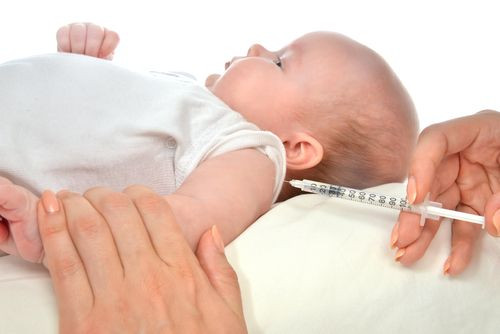Novartis’ Bexsero, Meningitis B Vaccine, Wins UK Approval, Continues To Gain Ground Worldwide

The UK’s Department of Health has recommended that Novartis’ meningitis B vaccine, Bexsero, be introduced as part of the childhood immunization schedule for infants starting at the age of 2 months. Further negotiations are still required before this becomes reality, as advisors to the National Health Service advocated the Swiss company provide a more cost-effective price. Reuters reported that Bexsero is crucial to Novartis' vaccines division, the only one of the pharmaceutical company’s five business units to report an operating loss last year. Novartis, which achieved net sales of $57.9 billion last year, said it will work toward implementing the UK recommendation as early as summer 2014.
Health authorities in Italy, Germany, Poland, Czech Republic, Canada, and Australia have already approved Bexsero to help protect against meningitis B. Recently, the vaccine was provided to students at Princeton University and the University of California, Santa Barbara, in response to meningitis B outbreaks on these campuses. As of March 13, 2014, over 30,000 doses of Bexsero have been distributed in the U.S.
Bexsero Meningococcal Group B vaccine is not a live vaccine and is usually given as a shot in the upper arm or thigh. The vaccine, which stimulates the immune system, is thought to provide 73 percent protection against meningitis B. More than one in 10 people given the vaccine experience side effects, which commonly include: redness, swelling, or tenderness at the injection site, but also high fever, loss of appetite, skin rash, sleepiness, irritability, or vomiting.
What is meningitis B?
Rare but aggressive, meningitis B can kill or cause serious life-long disabilities, including severe brain damage, within 24 hours of onset. It is a strain of bacterial meningitis that infects the protective membranes surrounding the brain and spinal cord. Meningitis B is most common in children under 5, particularly in babies under the age of 1. Adolescents are also at an increased risk for contracting meningitis and have a high fatality rate from the disease. Approximately 1,870 people in the UK are affected by bacterial meningitis each year. Of these cases, The Guardian reports, about one in 10 people will die and one in three will be left with debilitating after-effects such as loss of limbs or brain damage.
According to Novartis, the outbreaks of meningitis B at college campuses in the U.S. demonstrate the unpredictable nature of this disease and the need for broad coverage protection through vaccination. Dr. Andrin Oswald, Division Head, Novartis Vaccines, said, “At Novartis, it took us over 20 years of hard work to get to this point."



























